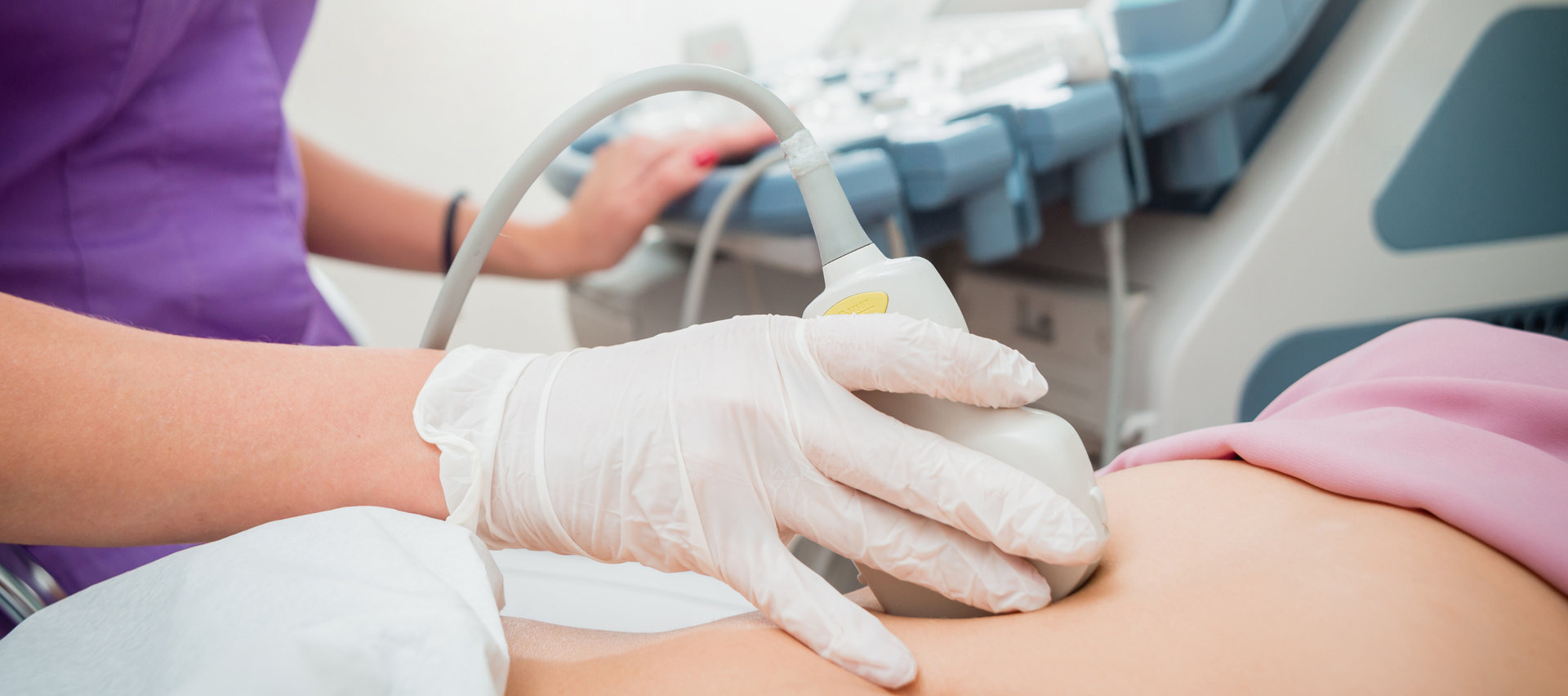
Common questions about STIs
What is an STI, and how is it different from an STD?
There is no difference. STI stands for “sexually transmitted infection,” while STD stands for “sexually transmitted disease.” The word “disease” may suggest an obvious state of illness including signs or symptoms. However, several of the most common STIs (for example, chlamydia or herpes) can display mild to no signs or symptoms in those who are infected. This means that the sexually transmitted pathogen is more accurately described as creating an infection, which may or may not result in disease.
How do I know if I have an STI?
It is important to know that in many cases, STIs do not cause any symptoms (they are “silent”). When symptoms are present, they can include:
- abnormal vaginal/penile discharge
- burning with urination
- abdominal or pelvic pain
- rectal pain, discharge and/or bleeding
- vaginal bleeding between periods
- pain or swelling in one or both testicles
How are STIs spread?
According to The Center for Young Women’s Health, most STIs are spread by direct sexual contact (vaginal, anal, or oral) with an infected person, through infected body fluids such as blood, vaginal fluids, or semen. They can also be spread through contact with infected skin or mucous membranes, such as sores in the mouth.
Do condoms protect me from STIs?
When used properly each time, condoms can reduce, but not eliminate, the risk of STIs.
How can I avoid getting an STI?
The best way to avoid contracting an STI is to not engage in sexual activity. If you do choose to be sexually active, the following basic prevention steps may help lower (but will not eliminate) your risk:
- Use latex condoms or dental dams correctly every time you have sex
- Limit your number of sex partners (for example, by practicing monogamy)
- Don’t inject drugs or have sex with someone who uses injected drugs
- Don’t have sex with a person who displays any signs or symptoms of an STI
- Only have sex after both you and your partner have had recent, negative STI tests
Should I get tested?
Anyone who is sexually active outside of a long-term, mutually monogamous relationship should be tested for STIs. Pregnant women should also be tested as certain STIs can be passed along to the child. If you are sexually active, always have an open conversation about STIs each time you visit your doctor.
Why is testing important?
Because so many STIs are “silent,” you may not know if you have one. According to the CDC, anyone can become infected, but young people (ages 15-24) and pregnant women are among the most vulnerable populations. Since 2018, there has been an 80% increase in cases of syphilis, and other diseases are on the rise as well. Being tested for STIs is one of the most important steps you can take to protect your own health and the health of anyone with whom you choose to engage in sexual activity.
Where can I get tested?
AVA Care of Harrisonburg provides STI testing + treatment, at no cost, to women of child-bearing age. Request an appointment or call our office at 540.434.7528 to speak with a member of our Patient Services Team.
AVA Care is here to Advocate for you, Validate your concerns and provide Answers to your questions. We are here for you – no matter what you decide. Schedule an appointment online or call 540.434.7528 today.











